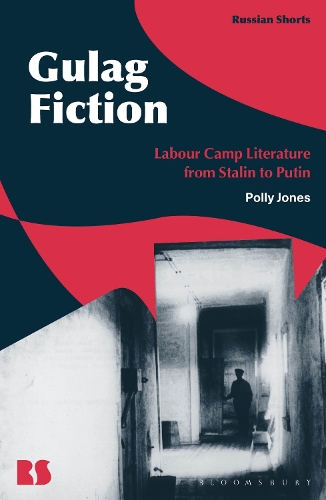
Gulag Fiction: Labour Camp Literature from Stalin to Putin
(Paperback)
Available Formats
Publishing Details
Gulag Fiction: Labour Camp Literature from Stalin to Putin
By (Author) Professor Polly Jones
Bloomsbury Publishing PLC
Bloomsbury Academic
12th December 2024
United Kingdom
Classifications
Tertiary Education
Non Fiction
Political abduction, imprisonment, Disappearance and assassination
891.734093552
Physical Properties
Paperback
168
Width 132mm, Height 210mm, Spine 14mm
191g
Description
This unique exploration of Russian prose fiction about the Soviet labour camp system since the Stalin era compares representations of identity, ethics and memory across the corpus. The Soviet labour camp system, or Gulag, was a highly complex network of different types of penal institutions, scattered across the vast Soviet territory and affecting millions of Soviet citizens directly and indirectly. As Gulag Fiction shows, its legacies remain palpable today, though survivors of the camps are now increasingly scarce, and successive Soviet and post-Soviet leaders have been reluctant to authorise a full working through of the Gulag past. This is the first book to compare Soviet, samizdat and post-Soviet literary prose about the Gulag as penal system, carceral experience and traumatic memory. Polly Jones analyses prose texts from across the 20th and 21st centuries through the prism of key themes in contemporary Soviet historiography and Holocaust literature scholarship: selfhood and survival; perpetration and responsibility; memory and post-memory.
Author Bio
Polly Jones is Associate Professor of Russian at the University of Oxford, UK. She has published extensively on Soviet literature and memory politics, including two monographs (Myth, Memory, Trauma (2013) and Revolution Rekindled (2019)), several edited volumes (including The Dilemmas of De-Stalinization (2006)) and numerous articles. She is embarking on a new collaborative project about the concept of the 101st kilometre in Soviet penal policy and practice.
